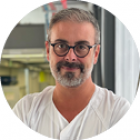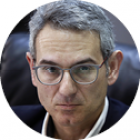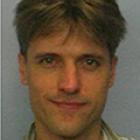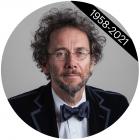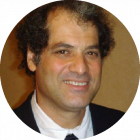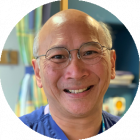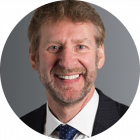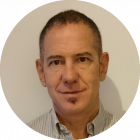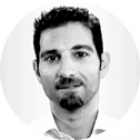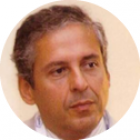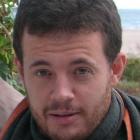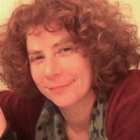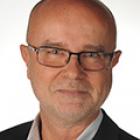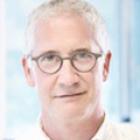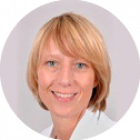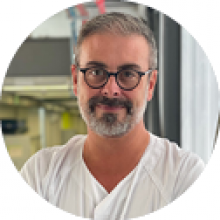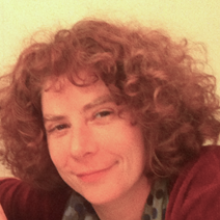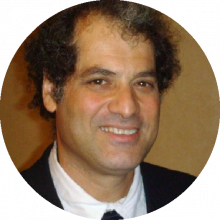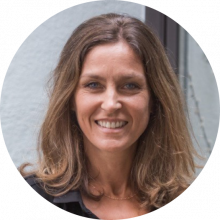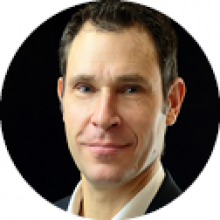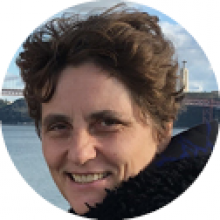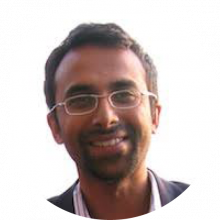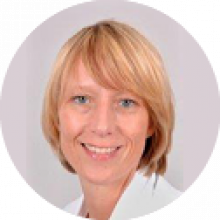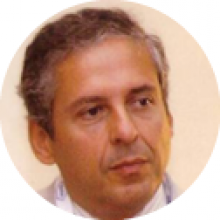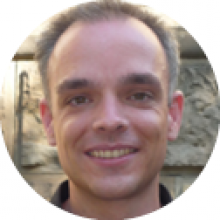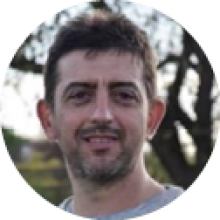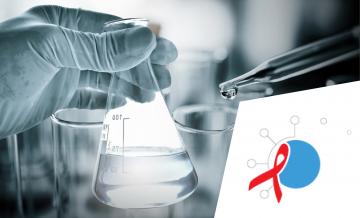Day 1 - Wednesday, 30 May 2018
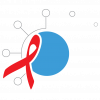
European Meeting on HIV & Hepatitis 2018
Related Enduring Materials
Day 2 - Thursday, 31 May 2018
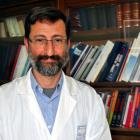
Day 3 - Friday, I June 2018

Welcome
Over 300 participants from all over the world attended the 16th edition of the European Meeting on HIV & Hepatitis that took place on 30 May - 1 June 2018 at the Roma Eventi - Fontana di Trevi Conference Centre in Rome, Italy. The Organizing Committee would like to thank all the invited speakers and participants for their contribution to this meeting!
We are grateful to our supporters ViiV Healthcare and Gilead Sciences for making this event possible.
General Information
- Gather professionals in the fields of HIV and hepatitis clinical care and research in an interactive workshop setting
- Provide a platform for presentation and discussion of the latest developments in the field of antiviral
drug development
- Map important current studies and results
- Translate new data into treatment guidelines
- Educate clinicians on how to best implement current and new drugs in clinical practice
- Summarize recent results in drug development (including most recent clinical trial results) for HIV, HBV and HCV
- Integrate the latest scientific results into daily clinical care to improve the quality of life of hepatitis/
HIV-positive individuals
- Recognize the future challenges in screening, monitoring, and diagnosis of HIV/HBV- or HCV-positive patients and develop new concepts for research and care strategies
Program Committee
The members of the Program Committee are a yearly rotated group of international experts from the organizing committee who are closely involved in the conference topic. Furthermore, they identify clinical cases and research projects within their organizations/network and review and select abstracts. They frequently meet to develop the scientific program tailored to the educational needs of HCP's in the field. They actively participate as session chairs and join in Q&A sessions, discussions and debates during the meeting.
Organizing Committee
The members of the Organizing Committee are a group of carefully selected experts and inspirational leaders in their respective fields. They meet frequently to discuss the scientific program of the workshop, identify interesting topics and candidate speakers, and review all submitted abstracts.

Scientific Committee
The members of Scientific Committee are hand-picked by the Organizing Committee and the conference secretariat based on their significant contributions and commitment to the field. They assist the Organizing Committee by providing them with suggestions for speakers and topics. In addition, members of the Scientific Committee participate in reviewing submitted abstracts, and play an active role during the workshop as moderators and/or chairs of sessions.
- Jan Albert, MD, PhD Karolinska Institute, Sweden
- Claudia Balotta, MD University of Milan, Italy
- Carlos Beltran, MD Chilean AIDS Group, Chile
- Marina Bobkova, PhD Ivanovsky Institute of Virology, Russia
- Ricardo Camacho, PhD Hospital Egas Moniz, Portugal
- Bonaventura Clotet, MD, PhD Hospital Universitari “Germans Trias i Pujol”, Spain
- Slim Fourati, MD Hôpital Henri Mondor, Université Paris XII, France
- Jan Gerstoft, MD Copenhagen University, Denmark
- Rolf Kaiser, PhD University of Cologne, Germany
- Leon Kostrikis, PhD University of Cyprus, Cyprus
- Clive Loveday, PhD ICVC Charitable Trust, Clinical Virology, UK
- Jens Lundgren, MD National University Hospital & University of Copenhagen, Denmark
- Monique Nijhuis, PhD University Medical Centre Utrecht, the Netherlands
- Dimitris Paraskevis, PhD University of Athens, Medical School, Greece
- Milosz Parczewski, MD, PhD Pomeranian Medical University, Poland
- Mario Poljak, MD, PhD Institute for Microbiology and Immunology, Slovenia
- Elisabeth Puchhammer, MD University of Vienna, Austria
- Juergen Rockstroh, MD University of Bonn, Germany
- Gary Rubin, MD University of Toronto, Canada
- Jean-Claude Schmit, PhD Centre de Recherche Public de la Santé, Luxembourg
- Rob Schuurman, PhD University Medical Centre Utrecht, The Netherlands
- Anders Sönnerborg, MD, PhD Karolinska Institut, Sweden
- Vincent Soriano, MD, PhD Hospital Carlos III, Spain
- Janusz Stanczak, PhD University of Warsaw, Poland
- Adrian Streinu - Cercel, MD, PhD National Institute of Inf. Diseases "Prof.Dr. Matei Bals", Romania
Hauke Walter, MD Medizinisches Labor Stendal, Germany
Maurizio Zazzi, PhD University of Siena, Italy
Fabien Zoulim, MD, PhD INSERM, France
